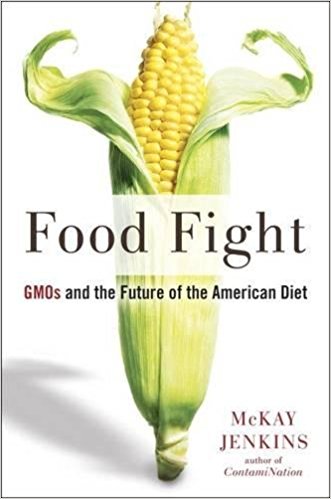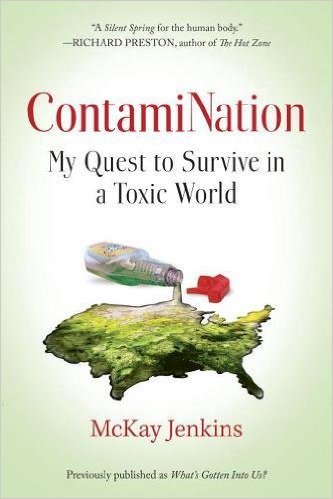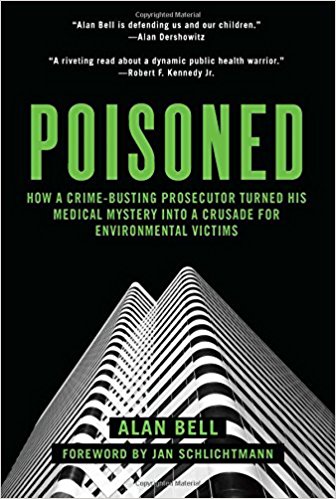I have not made much noise about our toxic environment since I retired as Chairman of the Utah Medical Association’s Environmental Committee in 2015. But, visiting with a couple of patients singularly burdened by the soup of chemicals we are all exposed to, I thought this issue needs to be revisited. Three basic things to do to cope with this vexing problem:
- Become politically active to counter the chemical industry’s toxic ways.
- Avoid chemicals as much as possible: eat organic, filter your water, and use hygiene products free of toxins. For instance, use a mineral base deodorant without aluminum.
- Eat your fruits and veggies (10 servings) and get rid of processed foods. The former boost detoxification, the latter compromise it.
If you want to do more consider sauna, massage, trampoline, and supplements like NAC and ALA.
Here are three recent books that will enhance your education on this issue.



If you are still uninterested, consider this: some chemicals in our environment promote obesity and diabetes—they are dubbed OBESOGENS. Many others affect your cognitive skills.
References
Researchers find hazardous chemicals in fast food packaging
The Washington Post (2/1, Judkis) reports that a study published in Environmental Science & Technology Letters finds that carcinogenic and otherwise toxic chemicals were found in fast food packaging. The researchers “found the substances, which can leach into food, in sandwich and dessert wrappers and paperboard containers.” The study “did not examine how much of the chemical migrated into food,” although the researchers pointed to other studies which “have found that such a transfer is possible, especially if the food is hot or contains emulsified fats.”
CNN (2/1, Tinker) reports that the researchers “found fluorinated chemicals in one-third of the fast food packaging researchers tested.” Some of the chemicals found have “been linked to kidney and testicular cancer, elevated cholesterol, decreased fertility, thyroid problems and changes in hormone functioning, as well as adverse developmental effects and decreased immune response in children.”
Group raises concerns about women’s beauty products that have highly hazardous ingredients
CNN (12/6, Senthilingam) reports that one in twelve “beauty and personal care products marketed to African-American women in the US contains highly hazardous ingredients, according to research released Tuesday by the Environmental Working Group.” The group analyzed over 1,100 products and found less than 25 percent had a “low” hazard score, while 40 percent of the products marketed to the general public are low-risk. According to the report, the worst products “were hair relaxers, hair colors and bleaching products, which studies have linked to potential health harm.”
Early-life exposure to certain phthalates may be linked to lower thyroid function in young girls, research suggests
TIME (5/31, Sifferlin) reports research published online in Environment International indicates that “early-life exposure to certain phthalates – a group of chemicals found in a wide variety of household items including shampoos, perfumes, nail polish, plastic toys, house building materials and more – is linked to lowered thyroid function in young girls.” Included in the study were 229 pregnant women and “229 children who were three years old.” TIME points out that “phthalates are thought to be endocrine disruptors, which means they interfere with the body’s hormones.”


